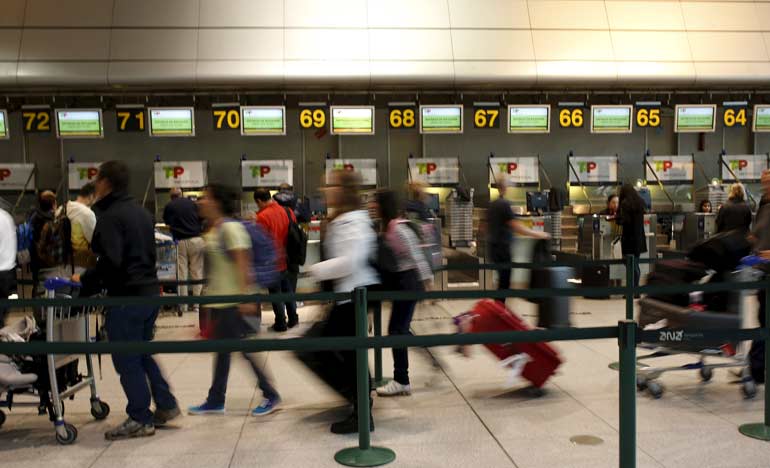Friday Feb 20, 2026
Friday Feb 20, 2026
Monday, 25 May 2015 00:00 - - {{hitsCtrl.values.hits}}

IATA’s global passenger traffic results for March 2015 shows demand (revenue passenger kilometres or RPKs) rose 7.4% compared to March 2014.
This was an improvement on February, when year-on-year growth was 6.4%. The acceleration in the year-on-year comparison reflects the residual impact of the February Lunar New Year celebrations, which tend to boost leisure travel in the weeks before and after the holiday. In 2014, the holiday occurred at the end of January. However, underlying traffic trends confirm demand remains robust.
March capacity rose 5.6% and load factor climbed 1.3 percentage points to 80.0%. Domestic markets experienced stronger growth than international markets, but both performed well.
“March traffic continues the trend of healthy demand for travel. We may, however, see a softening of demand in the second quarter. There are signs that regional trade activity in Asia-Pacific may be slowing and Eurozone economic weakness continues to disappoint,” said IATA Director General and CEO Tony Tyler.
International
passenger markets
March international passenger traffic rose 7.0% compared to the year-ago period. Capacity climbed 5.4% and load factor increased 1.2 percentage points to 78.9%. All regions recorded year-over increases in demand except for Africa.
Asia Pacific airlines recorded an 11.1% increase in demand compared to March 2014, strongest among the regions. The timing of the Lunar New Year in mid-February contributed to the robust performance as holiday-related travel continued into early March. Capacity rose 7.1%, boosting load factor 2.9 percentage points to 78.5%. The underlying trend in air travel on Asia Pacific carriers is likely to be weaker than performance suggests as regional trade activity appears to be slowing after strong gains in late 2014.
European carriers’ international traffic climbed 5.4% in March compared to the year-ago period. Capacity rose 3.6% and load factor climbed 1.4 percentage points to 80.8%, highest among the regions. While the Eurozone is reporting very weak economic expansion, outside the Eurozone, nations like Turkey continue to record strong growth.
North American airlines experienced just a 2.7% traffic rise in March over a year ago, reflecting the maturity of these travel markets. The US economy continues to lead developed economies in performance. Capacity rose 2.1%, edging up load factor 0.5 percentage points to 80.4%.
Middle East carriers demand climbed 9.8% in March but capacity growth of 11.9% meant that load factor fell 1.5 percentage points to 77.1% compared to March 2014. Middle East economies are comparatively well-placed to withstand the drop in oil prices and measures of non-oil-related business activity continue to show improvement.
Latin American airlines’ traffic rose 4.3% in March compared to March 2014. Regional trade volumes have been improving, but the Brazilian economy continues to tread water. Capacity rose 5.5% and load factor slipped 0.9 percentage points to 77.4%.
African airlines endured another month of declining demand, as traffic dropped 1.1% in March compared to a year ago. The weakness reflects adverse economic developments in parts of the continent including Nigeria, Africa’s largest economy, which is suffering from the collapse in oil prices. Accompanying cuts in capacity of 3.2%, pushed load factor upwards 1.4 percentage points to 65.7%, still the lowest among the regions.
Looking forward
“Next month, Miami will be the focus of the global air transport industry, when the 71st IATA Annual General Meeting will take place, 7-9 June. The United States is the world’s largest market and among its most vibrant economies, in part owing to the enormous contribution made by aviation. In the US, aviation supports some 5.7 million jobs and nearly $ 562 billion in GDP. Our message is that aviation can play an even bigger role, but only if governments understand that aviation’s greatest contribution is in the value creation it enables, not in the taxes and fees that can be extracted from it,” said Tyler.